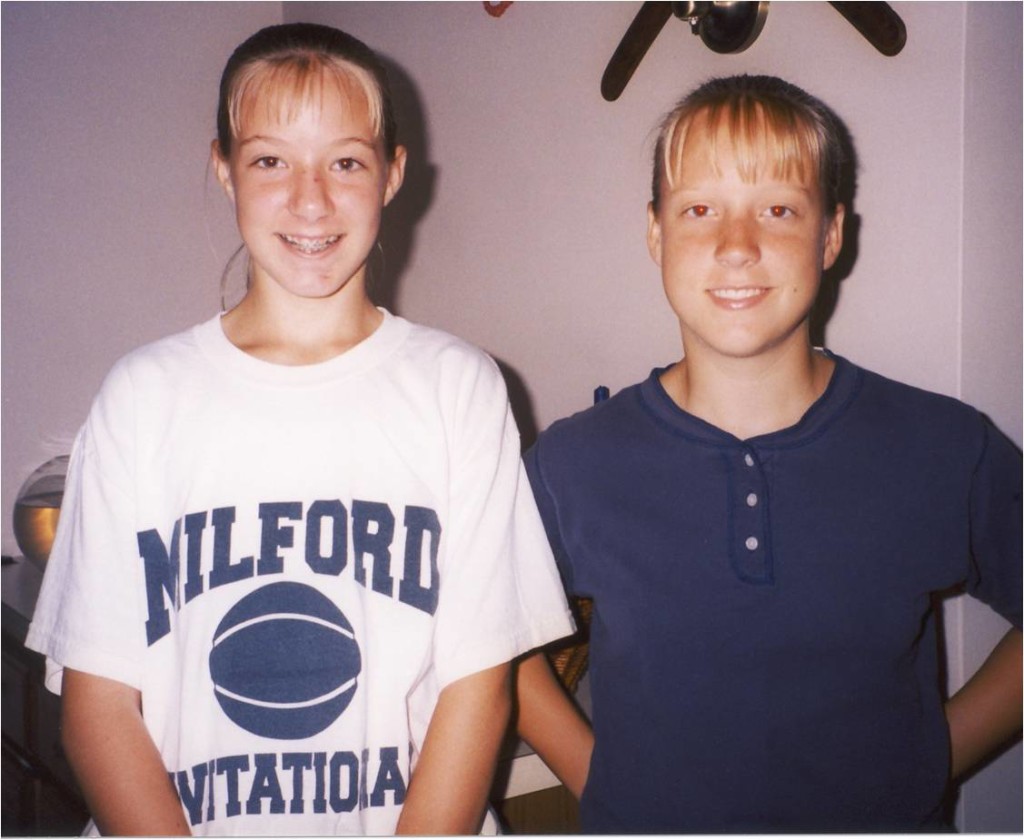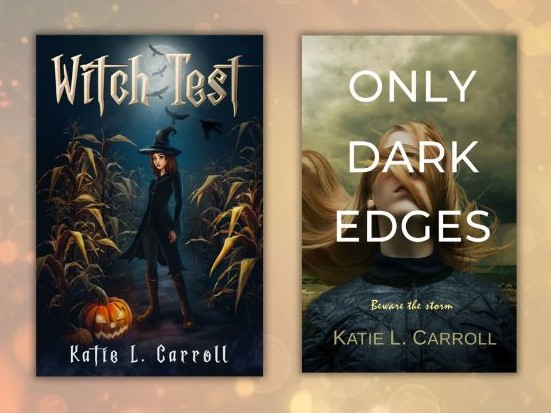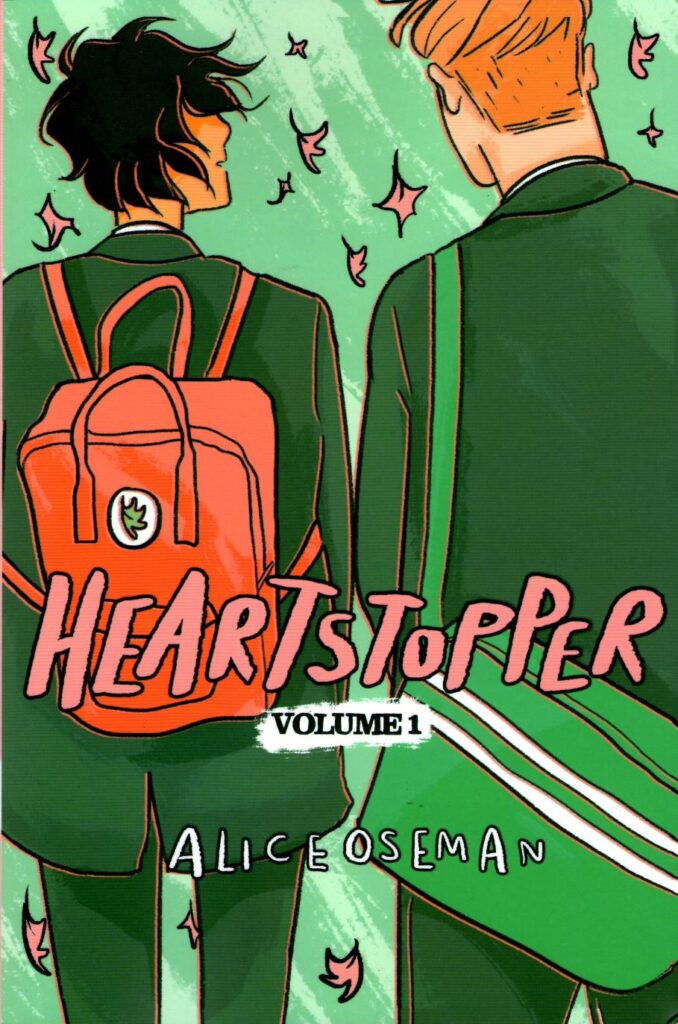The thing about grief is that each person experiences it differently, and it encompasses many different emotions. It can change over time, but it can also revert back to that fresh grief in unexpected moments. And it never goes away.
Recently, I was driving two of my kiddos to a travel soccer game. They were both in the back of the minivan, my 10-year-old reading and the 13-year-old playing on his phone. I had the radio tuned to the local alternative rock station that plays 90s music on the weekends, my favorite kind of music. The sun was out, the kids weren’t fighting, and I was in a good mood.
Then, the song “Dumb” by Nirvana came on, and I was transported back to another car ride, one that was more than 20 years ago. It was a similarly nice day, and I was on the way to play beach volleyball with some friends. Instead of my kids as companions, I had my sister Kylene. She loved to sing and had a beautiful voice, and she wasn’t afraid to sing loudly in front of others. Not like me, I kept my tone-deaf voice to the confines of the shower and my car.
So when “Dumb” came on the radio, we were both singing along, Kylene considerably louder than I was. The song got to the end where Kurt Cobain, the lead singer, repeats the line “I think I’m dumb” over and over again. Only, that’s not what Kylene sang. She was belting out “African dough” over and over again. I cracked up, tears rolling down my cheeks, because she had no idea that she was singing the wrong lyrics.
Of course, being the amazing older sister that I am (and also a teenager at the time), I not-so-nicely pointed out that she was singing the wrong lyrics and her lyrics made absolutely no sense. When we got to the beach, I told all our friends of her mistake, and it became a running joke every time we heard that song. For the rest of her life…which turned out not to be that much longer because she passed away when she was only 16. (I’ve written about this before in “Still Mourning Kylene 20 years Later.”)
Fast forward to hearing “Dumb” in the minivan with my kids, and I once again had tears rolling down my cheeks. I had my sunglasses on and my kids were paying no attention to me. I didn’t want to upset them or have to answer any questions they might have asked, so I kept them oblivious to my silent tears. We’ve talk about Kylene, and they know it was a very hard thing to go through, but in that moment, I wanted to be alone in my feelings. When it got to the end of the song, I quietly sang “African dough” instead of the correct lyrics, a little smile breaking out on my face.
Hearing that song and having that punch of a memory hit me, it made me miss my sister so much. It brought up fresh grief mixed in with all the old grief. The sadness that my kids will never get to meet their Auntie Kylene; the weird emptiness of her not being here anymore, even when I have no idea what she would be like now or what our relationship would be like; and the loss of all the things that she never got to be and do, whatever those things might have been. There was also the humor and fondness of the memory.
Even now, all these many years later, the grief can be overwhelming and complicated and hard and unique. It’s no wonder themes of grief often pop up in my writing. There’s my upper middle grade book Witch Test where Liza is being bullied by her ex-best friend, which brings up all sorts of feelings about her late mother. And my YA Hamlet retelling Only Dark Edges where Delta is haunted by the ghost of her sister and spirals into a deep depression of grief. And my work-in-progress picture book about a little girl, whose sister named Winnie recently passed away, goes looking for Winnie-the-Pooh in the woods.
I’ve always said one of the reasons I write is to try and make sense of the world. Kylene’s death will never make sense to me. But writing about it helps me sort out my feelings. And when I publish works about grief, my hope is that it will help kids who experience grief realize they are not alone in their feelings.






















